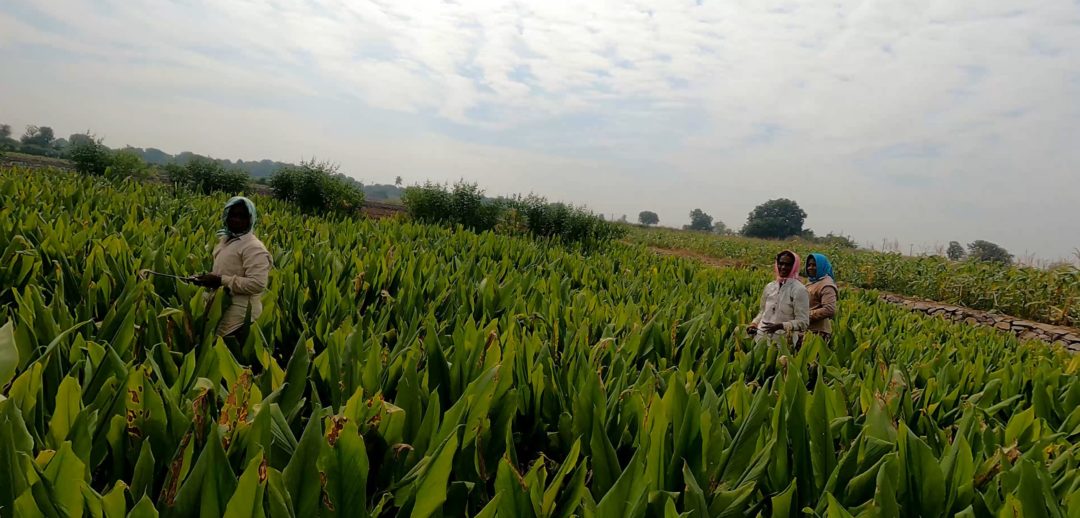Somerset, NJ—Cepham announced that the company is initiating an equitable employment solution for every person in its supply chain, which is based in India and Africa. Smallholder farms contribute to 80% of Cepham's medicinal herbs, and women comprise nearly 28% of them, despite being 50% of the stakeholders. The company is aiming to do its part to correct this "unequal, unsustainable balance of resources." And while forward-thinking organizations in the natural products industry may doing better than other industries, the issue is still significant. Cepham pointed to a study from Procurious showing gender-based adversity is common in the industry, affecting 74% of women surveyed in 145 countries.
That presents not just an injustice, but missed potential and opportunity.
“Women are looking at the food supply with different eyes. Women see every ingredient as food that will nourish the family, and this is vastly different from the traditional male mindset,” said Cepham Founder and President, Anand Swaroop, Ph.D., in a press release. “This perspective is something we profoundly lack in our supply chain—that human element, a consciousness that is so critical.”
How Cepham is addressing gender-based disparities
- Education and training;
- Microfinance, crop insurance, and vocational training programs;
- Awareness campaigns to address underlying societal biases;
- Developing partnerships with suppliers that prioritize gender equality;
- Leveraging data to identify potential gaps in workforce diversity across all levels of the supply chain; and
- Advocating for change within supplier networks and the industry at large.
A noble goal
“Gandhi said, ‘be the change you wish to see in the world,’ and so we have embarked on a data-based journey to balance resources,” said Swaroop. “In the past three decades, we have witnessed multiple examples of tangible commercial benefits of women's participation in our supply chain, but we also recognize major disparities. We want to use our time and capital to change that negative momentum and trend.”
In addition to supporting women in Cepham's supply chain, Swaroop has a larger goal: to demonstrate how an equitable supply chain makes an undeniable business case. As he explains: Giving credit to these women who are practically invisible in the supply chain creates a company culture that motivates all employees to be more productive.
For more on issues related to inequality and the impact on the natural products industry, as well as how industry members are driving change, watch NutraViews: Lack of Female Representation in Research—Problems & Solutions.
Related: Cepham Monitors Triple-Dip La Niña to Plan for Supply Chain Disruptions










